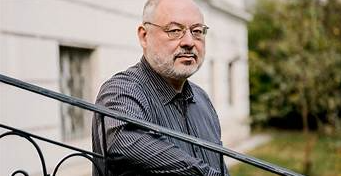An interview with Peter Turchin on societal collapse and historical patterns
Peter Turchin, born in Obninsk, Russia, on 22 May 1957, has followed a unique path from studying biology to analyzing societal collapse. His family, expelled from the USSR in 1977 due to his father’s dissident activities, moved to the United States. Turchin completed his studies in biology at New York University and earned a PhD in zoology from Duke University in 1985. Initially focused on the population dynamics of animals like beetles and deer, he later pivoted to explore societal trends.
In the late 1990s, Turchin decided that his work in ecology had reached a natural conclusion, prompting him to shift toward the study of human societies. Applying methods from complexity science, he began investigating patterns of societal instability, a theme he delves into in his recent book, End Times. Through his research, Turchin identifies cyclical patterns of growth and collapse, suggesting that social upheaval might be as predictable in human societies as it is in natural populations.
Reflecting on American society today, Turchin warns of rising inequality, political polarization, and other signs that often precede revolutions. His research suggests that if historical patterns hold, the US may be on a path toward significant upheaval. Turchin’s work challenges us to consider whether these patterns can be disrupted or whether the current trajectory points inevitably toward crisis.

